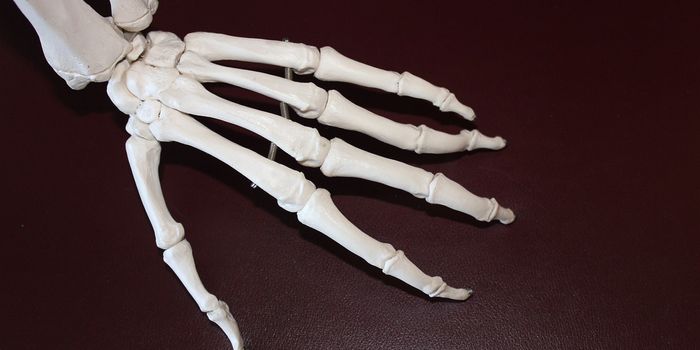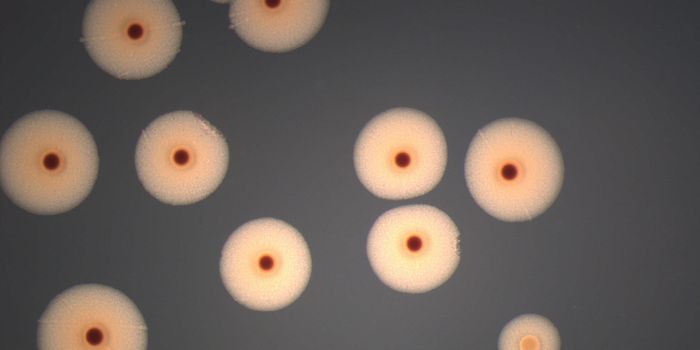Promising New Treatment Strategy for Psoriasis and Psoriatic Arthrtis
Researchers have identified a new potential strategy for inhibiting inflammation in both psoriasis and psoriatic arthritis. The corresponding study was published in the Annals of the Rheumatic Diseases by researchers in Austria.
Over 8 million people in the US have psoriasis. Around a third of people with the condition go on to develop psoriatic arthritis. Thought to be an autoimmune condition, its triggers include infections, stress, and cold. It typically appears as rashes or plaques on the skin; however, can sometimes affect the nails and joints too as in psoriatic arthritis.
In the present study, researchers reported that inhibiting S100A9, a gene linked to psoriasis, can reduce psoriasis severity throughout the body- and not just the skin.
Although these findings came from mouse models, they confirmed that the mechanism might work similarly in humans due to analyses of S100A9 expression in skin, serum, and synovial fluid samples from people with psoriasis and psoriatic arthritis.
They found, for example, that patients with psoriatic arthritis had significantly higher blood levels of S100A9, alongside several immune and inflammatory cells than patients with psoriasis alone. They further noted that levels of S100A9 and calprotectin- an inflammatory protein- could be used to distinguish between healthy individuals, those with psoriasis, and those with psoriatic arthritis.
"Our study is an important step towards the development of targeted therapeutic options in the form of drugs that act systemically rather than locally on the skin," said Erwin Wagner from the Department of Dermatology and Department of Laboratory Medicine at the Medical University of Vienna.
"We now know that the inflammatory responses in psoriasis and psoriatic arthritis are enhanced when S100A9 is only inhibited in skin cells," she continued. Drugs inhibiting S100A9 via tablets or drips may thus be able to treat the condition systematically.
Sources: Science Daily, Annals of the Rheumatic Diseases









